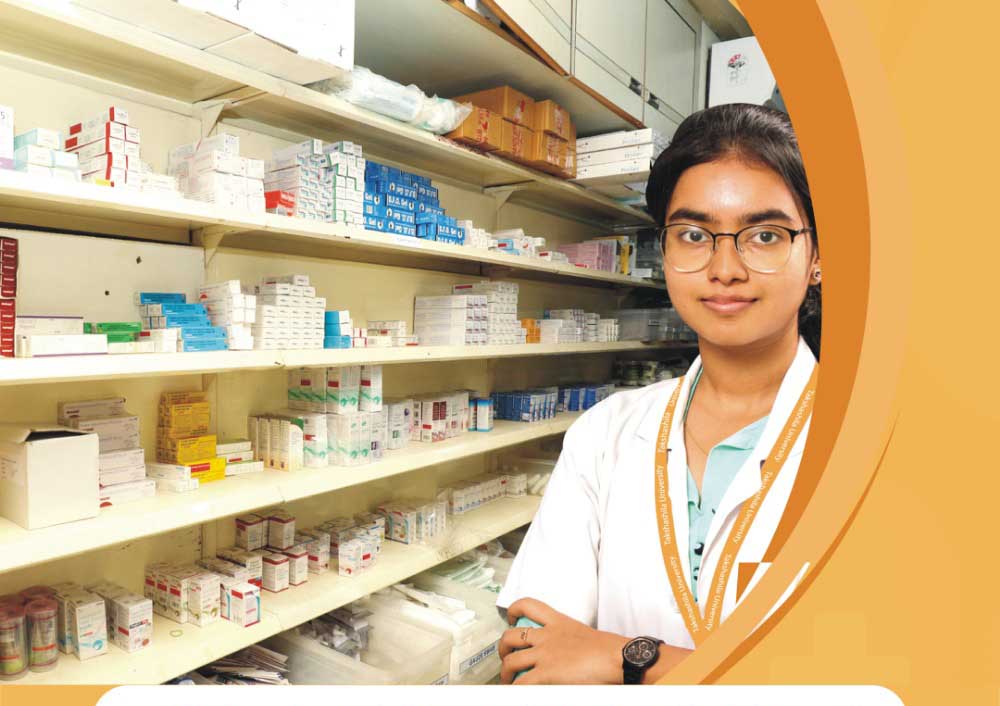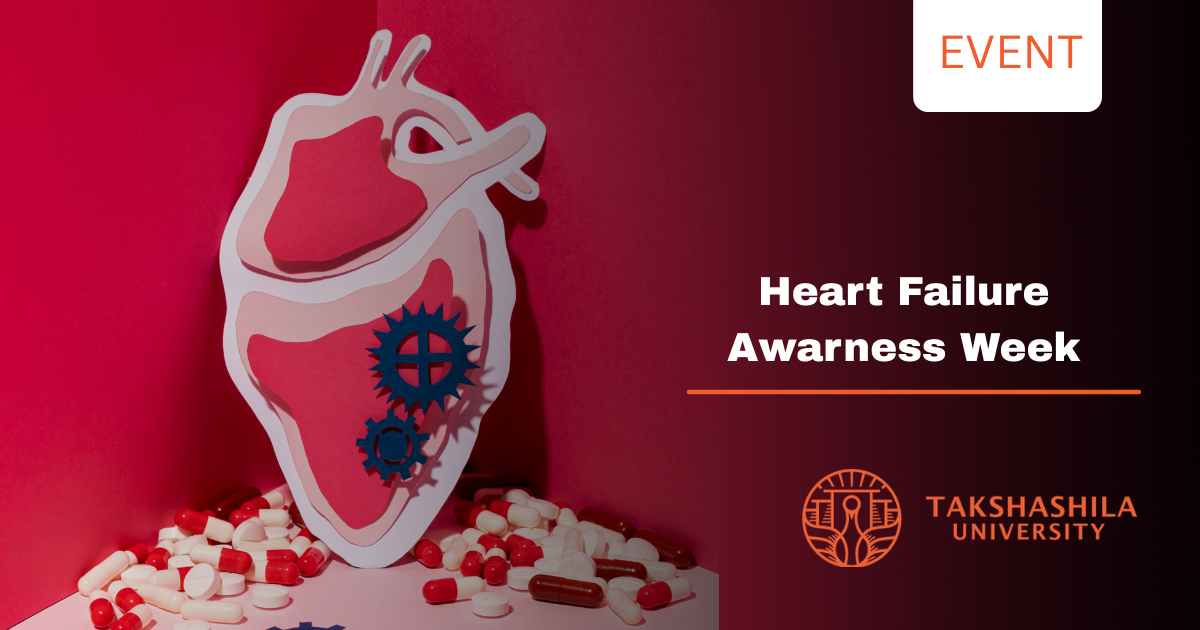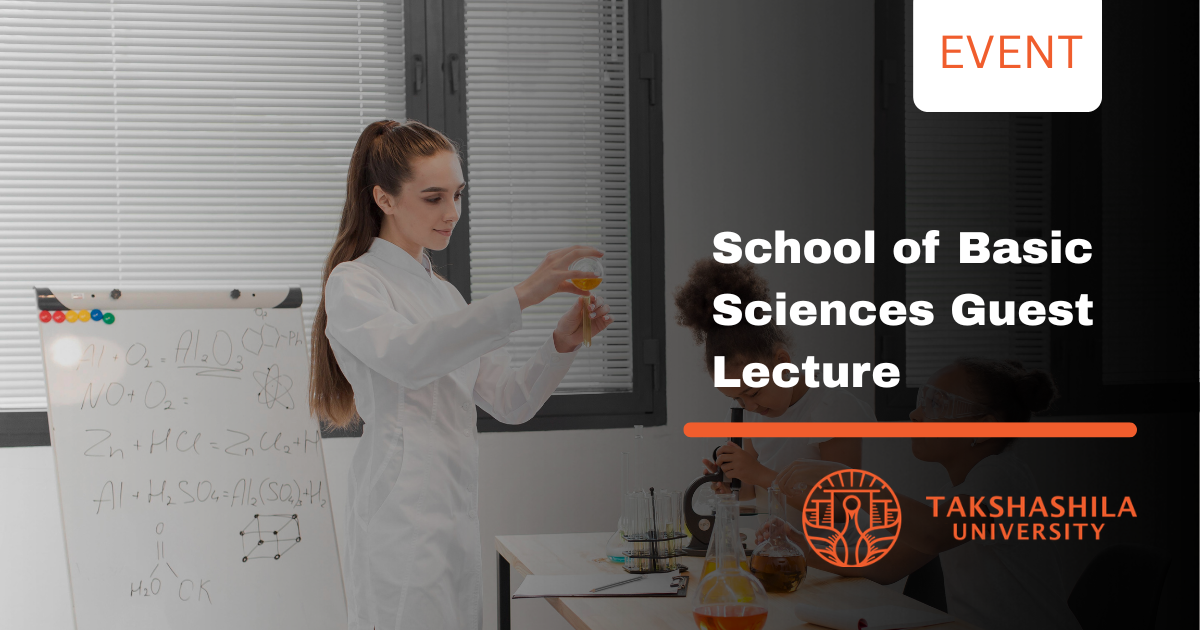Wondering if a career in medical labs or pharmacy is right for you? This overview compares the paths of BSc MLT Vs B Pharmacy degrees.
Both prepare you for vital roles in healthcare, but one focuses on hands-on science behind the scenes while the other places you at the forefront advising patients. You’ll need to consider your interests and skills to determine the best fit for your talents and passion for helping others.
Choosing a career path is a significant decision, one that shapes your future and reflects your passions and strengths. For those drawn to the healthcare sector, two popular options often surface: Bachelor of Science in Medical Laboratory Technology (B.Sc MLT) and Bachelor of Pharmacy (B.Pharm).
Both fields play a crucial role in patient care and the broader medical landscape, but they cater to different interests and career aspirations. In this blog, we’ll explore these two paths in a clear, concise, and supportive manner, helping you make an informed decision that aligns with your personal and professional goals.

BSc MLT Vs B Pharmacy
| Criteria | BSc MLT | BPharm |
| Focus Area | Laboratory technology, diagnostics | Pharmacy, drug formulation, patient care |
| Core Subjects | Human anatomy, microbiology, pathology, biochemistry | Pharmacology, medicinal chemistry, drug formulation |
| Career Roles | Lab technician, research assistant, quality control analyst | Clinical pharmacist, research scientist, quality assurance specialist |
| Work Environment | Laboratories, hospitals, private clinics | Pharmacies, hospitals, pharmaceutical companies |
| Patient Interaction | Limited, mostly indirect | Direct, frequent interaction with patients |
| Responsibilities | Conducting and analysing lab tests, managing lab equipment | Dispensing medications, advising on drug use and interactions |
| Work Hours | May include night shifts and weekends | More regular hours, but can include weekends |
| Physical Demands | Physically demanding, long hours standing | Less physically demanding, but requires precision |
| Educational Paths | Focus on practical lab skills | Focus on drug-related knowledge and patient care |
| Earning Potential | Generally good, varies with experience and location | Often higher, varies with experience and location |
| Career Growths | Opportunities for specialisation and management roles | Diverse opportunities in healthcare and industry |
| Global Mobility | Good, but may require additional certification | Very good, with globally recognised qualifications |
| Job Market | Growing demand in the healthcare sector | Competitive, with a steady demand in the healthcare sector |
| Eligibility | Typically requires completion of 10+2 with science subjects (Physics, Chemistry, Biology) | Typically requires completion of 10+2 with science subjects (Physics, Chemistry, and Biology/Mathematics) |
Understanding B.Sc MLT
B.Sc. MLT focuses on diagnosing, preventing, and treating diseases by analysing bodily fluids, tissues, and other samples in a laboratory setting.
Medical Laboratory Technologists are the unsung heroes behind the scenes, playing a pivotal role in the healthcare system. They work with sophisticated laboratory equipment, aiding physicians in making accurate diagnoses and treatment plans.
Pros of B.Sc MLT
- Growing Demand: The healthcare industry is expanding, and with it, the need for skilled laboratory technologists is rising.
- Diverse Opportunities: Graduates can work in hospitals, clinics, public health facilities, and research labs.
- Hands-On Experience: The course offers extensive lab work, perfect for those who enjoy practical, hands-on learning.
- Advancement Potential: With experience, there’s potential to move into supervisory or managerial roles.
Cons of B.Sc MLT
- Physically Demanding: The job can be physically taxing, requiring long hours on your feet.
- Exposure to Hazards: Working with infectious samples poses certain health risks.
- Emotional Stress: The high-stakes nature of the work can be stressful.
Understanding B.Pharm
B.Pharm is centred on the study of drugs, their preparation, properties, interactions, and effects on the human body. Pharmacists are integral to healthcare, ensuring patients receive the correct medications and understand how to use them safely.
Pros of B.Pharm
- Versatile Career Paths: Graduates can work in community pharmacies, hospitals, the pharmaceutical industry, or academia.
- Direct Patient Interaction: Pharmacists often counsel patients, offering a more direct connection with those they help.
- Global Opportunities: The degree is recognised worldwide, offering potential for international career growth.
- Entrepreneurial Potential: Pharmacists can own and manage their pharmacies.
Cons of B.Pharm
- Intense Competition: The field can be competitive, especially in certain geographic areas.
- Regulatory Challenges: Pharmacists must stay abreast of ever-changing drug laws and regulations.
- High Responsibility: The role involves a high level of responsibility, as errors can have serious consequences.
Comparing Curriculum and Skills
The curriculum for B.Sc MLT includes subjects like human anatomy, microbiology, pathology, and biochemistry, focusing on practical lab skills. B.Pharm, on the other hand, covers pharmacology, medicinal chemistry, drug formulation, and patient care.
B.Sc MLT suits those who are detail-oriented and enjoy science and laboratory work. B.Pharm is ideal for individuals who are interested in medicine and patient care and have strong communication skills.
Job Prospects and Growth
Both fields offer promising job prospects. B.Sc MLT graduates can find roles as
- Medical Laboratory Technician
- Pathology Technician
- Clinical Laboratory Technician
- Microbiology Technician
- Biochemistry Technician
- Blood Bank Technician
- Cytotechnologist
- Histotechnician
- Immunology Technician
- Laboratory Manager/Supervisor
- Quality Control Analyst
- Research Assistant
With B.Pharm, opportunities include
- Community Pharmacist
- Hospital Pharmacist
- Clinical Pharmacist
- Regulatory Affairs Specialist
- Pharmaceutical Sales Representative
- Quality Assurance Specialist
- Medical Science Liaison
- Drug Safety Officer
- Research Scientist
- Formulation Development Scientist
- Clinical Research Coordinator
- Pharmacy Owner/Manager
Both fields offer paths to higher studies and specialisation.
Work Environment and Lifestyle
B.Sc MLT professionals often work in labs, away from the public eye, and may have to work night shifts or weekends.
Pharmacists typically work in more customer-facing environments like pharmacies or hospitals and usually have more regular hours.
Financial Considerations
While both fields offer financially rewarding careers, the starting salaries and earning potential can vary based on location, experience, and the type of employer.
Generally, pharmacists may have a higher earning potential, but this can come with the cost of more years of education and training.
Personal Fulfillment and Impact
Both careers are deeply fulfilling, offering the chance to make a significant impact on patient health.
B.Sc MLT professionals impact patient care through accurate testing and results analysis, while pharmacists play a crucial role in medication management and patient education.
Making Your Decision
When choosing between B.Sc MLT and B.Pharm, consider your interests, strengths, and the kind of work environment you thrive in. Reflect on these questions:
- Are you more interested in direct patient interaction or behind-the-scenes work?
- Do you prefer working with machines and technology or with medications and patient counselling?
- What kind of work-life balance are you seeking?
- Which course subjects align more with your interests?
Why Choose Takshashila University for your undergraduate degree?
Takshashila University is one of the top-ranked private universities in India. The university has an interdisciplinary approach to learning where students explore connections between different subjects right from the first year.
The university focuses on research-led teaching to ensure students gain a deep understanding of fundamental concepts. With its small batch size and emphasis on personalised learning,
Takshashila provides an ideal environment for undergraduates to develop critical thinking, collaboration, and communication skills through discussions, debates, and projects. The university also offers global immersion programs and internship opportunities to help students gain a holistic education and prepare for successful careers.
Enrol in the B.Pharm program today!
Conclusion
In the BSc MLT Vs B Pharmacy debate, both are noble and essential paths in the healthcare sector, each with its unique rewards and challenges.
Your choice should align with your personal interests, lifestyle preferences, and long-term career goals. Remember, the healthcare industry is vast, with numerous opportunities for growth and specialisation.
Whichever path you choose, you’re embarking on a journey that’s not just professionally rewarding but also immensely contributes to the well-being of society. Stay informed, follow your passion, and trust that whichever path you choose, you have the power to make a significant impact in the world of healthcare.
Frequently Asked Questions (FAQs) For B.Sc Mlt vs B.Pharm
1. Does BSc MLT require NEET?
No, BSc MLT does not require NEET for admission. It has its own entrance exam at the university level for admission into this course.
2. Which is better, B Pharma or BSc MLT?
Both B.Pharm and B.Sc MLT are good career options in the healthcare sector. B.Pharm offers more direct patient care opportunities, while B.Sc MLT focuses more on lab and research work. One would need to evaluate their own interests and skills to select the ideal option.
3. Can I open my own lab after my BSc MLT?
Yes, with some years of work experience in diagnostic labs after completing BSc MLT, one can consider opening their own diagnostic centre or pathology lab. Proper certification and licenses would need to be obtained as per the rules of the region.
4. Is BSc MLT better than BSc nursing?
While both BSc MLT and BSc nursing are allied health programs, they differ in scope of work. BSc nursing prepares one to work as a registered nurse, while BSc MLT trains students for medical laboratory jobs. One should choose based on their preference between clinical work or lab work.
5. Is BSc MLT good for girls?
Yes, BSc MLT is a suitable career option for girls as it provides stable job opportunities in hospitals and diagnostic centres. The course also equips women with technical skills valued in the healthcare industry, such as accuracy, discipline and patience.






